Navigating Racial Identity as a Liberian-American: My Journey of Self-Discovery
Introduction: The Complexity of Racial Identity
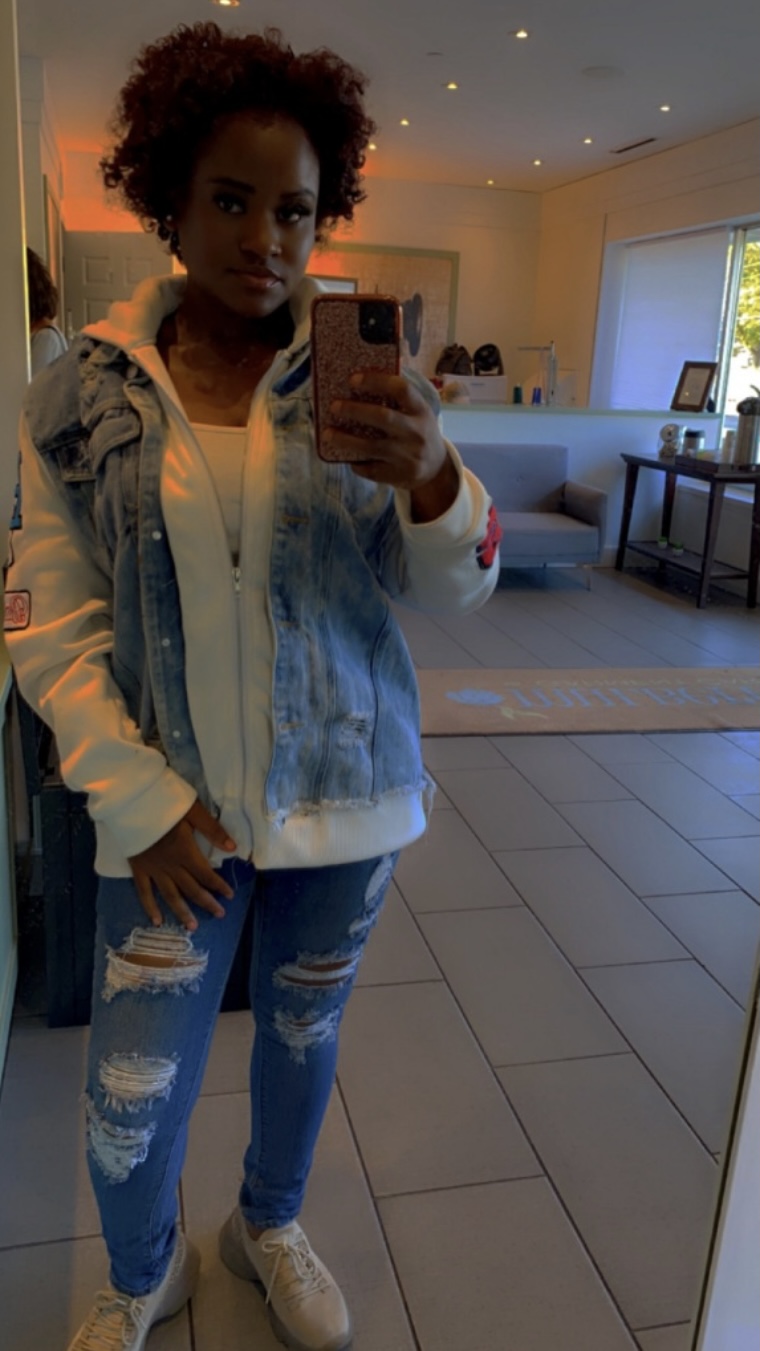
Racial identity shapes how we see ourselves and interact with the world. For Black individuals, identity development is often shaped by cultural upbringing, lived experiences, and societal expectations. As a Liberian-born American, my racial identity has been influenced by both African and African American experiences, leading to moments of cultural pride, internal conflict, and self-discovery.
To explore my racial identity development, I will use Cross’s Nigrescence Model, which outlines the stages of Black identity formation. Additionally, I will reference Poston’s Biracial Identity Development Model to examine how I have navigated my African and African American identities. While Helms’s White Racial Identity Development Model focuses on White individuals, it provides insight into how racial identity is understood across different groups.
This blog post will explore my personal journey, examining race, identity, and self-acceptance. By reflecting on the biases, stereotypes, and internalized struggles I have faced, I hope to offer a deeper understanding of how racial identity shapes our experiences.
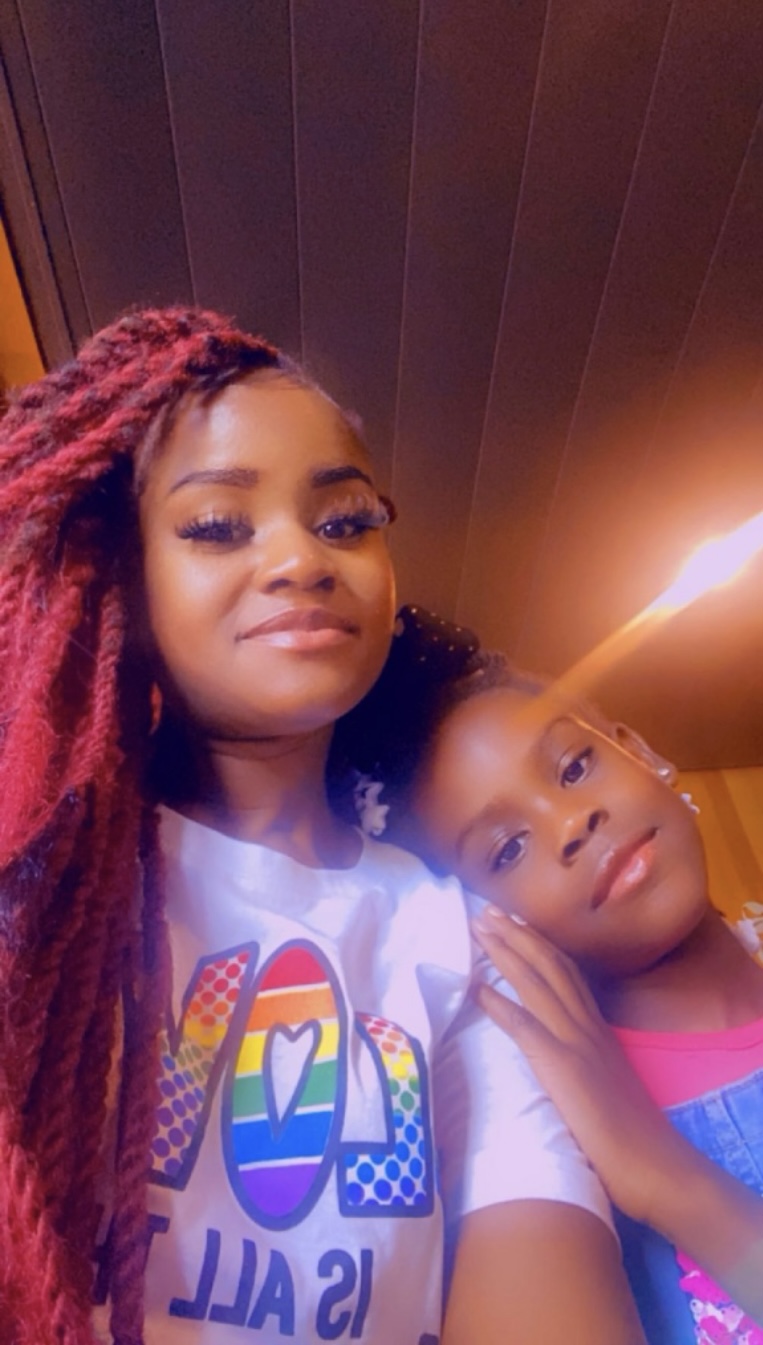
Growing Up Liberian-American: The Struggle for Acceptance
The Early Struggles of Being African in America
Growing up in Staten Island, New York, I quickly realized that being African came with its own set of challenges. One of my earliest memories of racial identity came from being called an “African booty scratcher.” In that moment, I understood that while I was Black, I was also African and that distinction mattered to others.
My mother, a proud Liberian woman, carried her cultural identity boldly. She often wore a traditional liapa (waist wrap) when taking me to school. While she embraced her heritage, I felt ashamed. Other kids mocked her clothing, and I dreaded the moments she would show up at school. At home, my family encouraged me to be proud of our Liberian heritage, but outside, I saw a different reality—one where being African was ridiculed.
Despite sharing similar struggles—poverty, tough neighborhoods, and survival—there was always a clear divide between Black Americans and Africans. Black American kids would say, “Yeah, we’re all poor, but you guys are African.” As if being African meant we were another level of poor.
Assimilation: Hiding My Identity to Fit In
As a child, all I wanted was to blend in. I started lying, telling people I was Jamaican instead of Liberian to avoid being bullied. I saw other African kids get teased, beaten up, and humiliated for simply existing.
One girl, Pauline, a Nigerian classmate, became the target of relentless bullying. She didn’t wear deodorant, and the kids would say she “smelled like an African.” I laughed along with them, knowing deep down that I was no different from her. But when she snapped at them one day, she never looked at me. She knew I was African too. And she knew I had betrayed her by staying silent.
Rather than embracing my Liberian roots, I did everything I could to assimilate. I let people mispronounce my name, convinced that their version sounded “less African.” I distanced myself from other African kids, choosing instead to befriend Black Americans. The only part of my culture I couldn’t hide was the food. My closest friends knew I was African, but they kept my secret to protect me from bullying.
Even though my mother was celebrated for her cooking, I felt ashamed. She cooked for the community, and people praised her food, but at school, Liberian kids were still teased and ostracized. I was so ashamed that I would throw away my lunch, even when I was hungry, just to avoid being “discovered.”
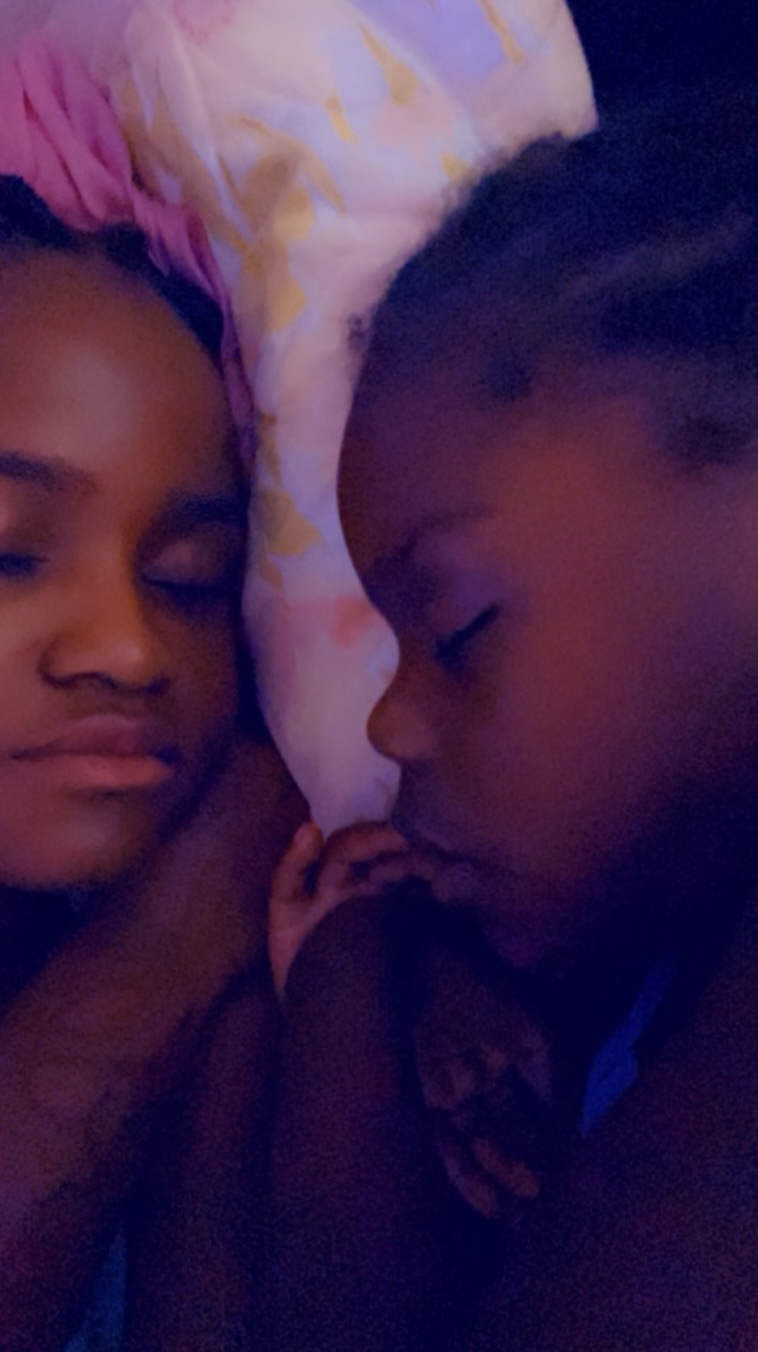
The Turning Point: When African Became “Cool”
As I got older, being African became trendy. People started taking DNA tests to trace their ancestry, traveling to Africa, and embracing the same culture they once ridiculed. Suddenly, the identity I had once hidden was now something people wanted to be a part of.
At first, I felt relief—I no longer had to hide. But then I asked myself:
Why did I need the world’s approval to embrace who I was?
That was the moment I realized how much shame I had internalized. My mother had always been proud of being Liberian. She never wavered, never apologized for her identity. Yet, I had spent years rejecting my own heritage.
My Journey Through Cross’s Nigrescence Model
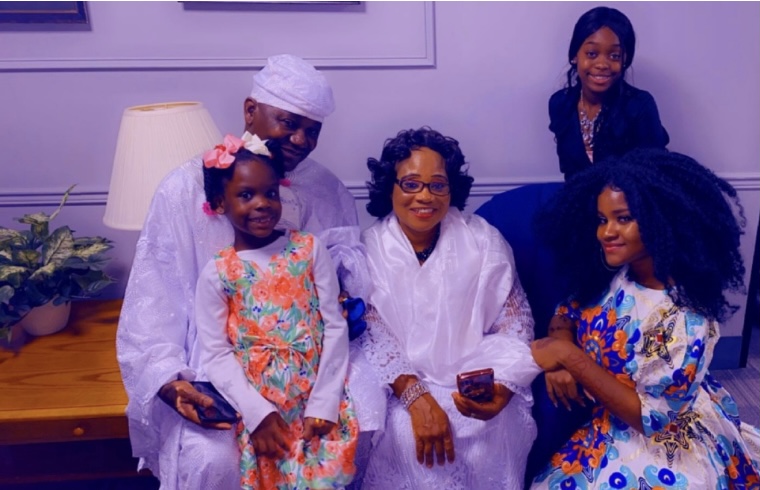
1. Pre-Encounter: Rejecting My African Identity
During my childhood, I desperately wanted to distance myself from being African. I watched other African kids get bullied and did everything I could to avoid the same fate. I misrepresented my background, hid my accent, and avoided African friends.
2. Encounter: The Wake-Up Call
I went from hiding my culture to fully embracing it. I reconnected with my Liberian heritage, learned more about my family’s history, and started wearing my identity with pride.
4. Internalization: Unapologetically African
Today, I no longer seek validation from others. I embrace my Liberian roots without fear or hesitation. My African identity is not something I can turn on and off—it is who I am.
Today, I no longer seek validation from others. I embrace my Liberian roots without fear or hesitation. My African identity is not something I can turn on and off—it is who I am.
Navigating Dual Identities: Insights from Poston’s Biracial Identity Model
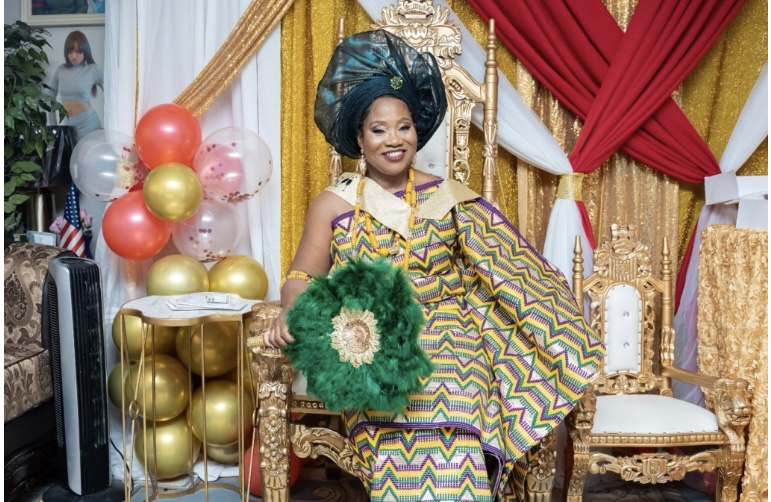
I have always felt torn between my Liberian, American, and African-American experiences. In high school, tensions between Liberians and African Americans escalated. Both sides wanted me to pick a side.
I refused to choose.
Some African Americans distanced themselves from me, feeling I wasn’t fully “one of them.” Meanwhile, some Liberians questioned my loyalty because I had spent so much time assimilating. It was a no-win situation.
This taught me that racial identity is not always about choosing a side—it’s about embracing the complexity of who you are.
Final Thoughts: Embracing My Identity Fully
For years, I tried to fit into a world that made me feel like I had to choose between being African or African American. But today, I no longer feel the need to prove myself.
I am Liberian. I am African. And that is enough.
Join the Conversation
Have you ever struggled with racial identity or cultural assimilation? I’d love to hear your story! Drop a comment below and let’s talk.
#BlackIdentity #LiberianAmerican #AfricanIdentity #CulturalAssimilation #BlackExcellence #RacialIdentity #BlackCulture #BeingAfrican #ImmigrantExperience #DiasporaStories #ProudlyAfrican #BlackHistory #LiberianPride #AfroDiaspora #IdentityStruggles #AfricanHeritage #CrossCultural #BlackVoices #MyAfricanStory #UnapologeticallyBlack
If you want to follow my journey or just want to chat, you can find me on social media. I’d love to connect with you!
• Facebook: Follow me on Facebook (https://www.facebook.com/profile.php?id=100091134962245&mibextid=LQQJ4d)
• X: Join me on X ( https://x.com/morgathac/status/1761961898717622289?s=46)
• Instagram: Follow my Instagram (https://www.facebook.com/profile.php?id=100091134962245&mibextid=LQQJ4d)
• TikTok: Check out my TikTok (https://www.tiktok.com/@demandmoexhilaratedytube?_t=ZP-8tllw4Y8J5z&_r=1
Comments
Post a Comment